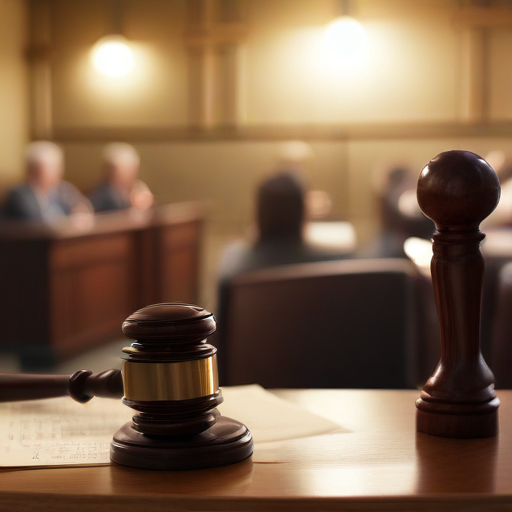In the ongoing trial of Daniel Penny, charged with manslaughter and negligent homicide in the death of Jordan Neely, the jury has indicated difficulty in reaching a unanimous verdict. The jury submitted a note stating they are unable to agree on whether Penny is guilty of second-degree manslaughter, which has prompted Judge Maxwell Wiley to issue an Allen charge, advising the jury to continue their deliberations.
Judge Wiley rejected a motion from Penny’s attorney, Thomas Kenniff, for a mistrial, labeling the Allen charge as appropriate and asserting it is premature to call for a mistrial at this stage. Since receiving the case on Tuesday, the jury has spent over 20 hours in deliberation.
The incident in question occurred when Penny, a former Marine, placed Neely, a 30-year-old homeless man, in a chokehold for six minutes after Neely boarded a subway car exhibiting erratic behavior. Witness accounts described Neely as threatening, and although Penny maintains his innocence, a medical examiner determined that the chokehold resulted in Neely’s death.
The jury’s instructions emphasize that to convict Penny of second-degree manslaughter, they must find that he acted recklessly and deviated from the standards of a reasonable person. The jury has also sought clarity about the concept of a “reasonable person,” leading Judge Wiley to instruct them that the definition is ultimately for them to determine.
Wiley acknowledged the broader implications of the trial, drawing parallels to a previous high-profile case involving Bernhard Goetz, which provoked national debates on race and crime. The complexities surrounding Penny’s case reflect ongoing societal discussions regarding public safety, mental health, and the use of force in self-defense situations.
This situation remains delicate as the jury continues to deliberate. A resolution may offer opportunities for deeper discussions on these pressing social issues. The judicial process, while slow, is designed to ensure that each perspective is fully considered, reinforcing the importance of a fair trial.
As the trial progresses, it is hoped that the jury’s deliberation could pave the way for a resolution that addresses not only the specifics of the case but also the broader issues surrounding mental health and safety in public spaces. The outcome could potentially lead to important reforms and conversations in both legal and social contexts.
